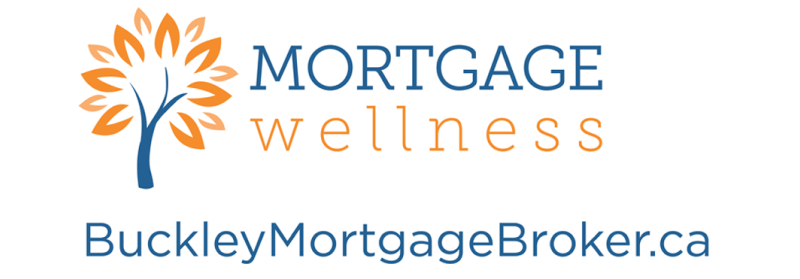Guest Feature by: Miguel Cardenas
When it comes to the operating expenses that are crucial to the daily running of your business, many business owners don’t realize they’re overpaying. They feel stuck with the prices quoted by vendors, and don’t want to risk disrupting services to make a change.
If this sounds like you, don’t worry. There are lots of areas you may be overpaying, but likewise, lots of opportunities to save money. In this article, I will cover some of the most common reasons business overpay their vendors, as well as strategies they can use to save.
Billing errors are all too common.
Especially when we have a good standing relationship with a vendor, we don’t want to think that billing errors could be happening. However, the truth is that they’re commonplace, especially when it comes to our various telecommunications services.
With all your vendors, across all the services you need to operate, it’s important to make sure you’re not being charged incorrectly. It’s never a bad idea to scrutinize exactly what you are being charged for on your bill and ask for clarification if need be.
You might be paying for redundant services.
More often than you might expect, services you need are packaged together with services you don’t. Sometimes vendors will make it seem like your only option is to pay for bundled services; and while some bundles are great, others can feel like you’re being saddled with a service you never asked for.
You don’t have to pay for the first, most expensive bundle you are quoted, from the first vendor you contact. Explore your options.
Payment processing rates can gouge you.
If you’re going to be accepting payments from customers, especially via card or online, you want to make sure you use a vendor who will be transparent and put you in the right rate category. Likewise, if you’re using person-to-person, or P2P, applications to accept payments from online orders, you want to make sure you’re prioritizing security to avoid payment fraud.
Your waste bill may not be optimized.
Balancing your waste removal bill between cost and need can be tricky. In fact, a lot more goes into your rates than you might expect.
Your bill is most likely composed of four main cost types:
- Container costs
- Collection costs
- Transfer costs
- Landfill costs
Even one of these areas being handled inefficiently could leave you overpaying. Understanding your options among these four categories can go a long way in helping you reduce your bill.
Understanding fixed versus variable expenses.
The first step to reducing your overall business expenses is simply to understand them. It may sound corny, but it’s true. When budgeting, it is helpful to separate and account for fixed versus variable expenses.
Fixed expenses often represent the largest part of your budget. For a business, your fixed expenses are going to be costs such as rent payments, insurance premiums, property taxes, and so on. They are typically unchanging and paid at a consistent frequency.
In contrast, variable expenses represent the costs incurred by how a given month or pay period goes for your business. How many credit cards you swipe, how much electricity you use, or how much waste you generate; all these are going to incur a bill that varies every cycle.
By understanding and separating these different costs, it is easier to identify and strategize areas to save. Variable expenses can offer huge savings opportunities, and if you can reduce your fixed expenses, that’s extra money in your pocket every pay period.
Implement savings strategies.
There is a lot you can do to save money on your variable expenses, a lot of which can be done without changing providers or processes:
- Stop shredding money with your paper waste. Paper products cost money to purchase, are often single-use, and can contribute to as much as 50 percent of your business’ waste output. Going paperless is easy and inexpensive in 2022.
- Practice conscientious payment processing. Using an address verification service (AVS), collecting the relevant information asked by the processor, and staying up to date with PCI compliance can reduce the risk of each transaction, and therefore, lower your rates.
- Work with a professional. Business cost reduction professionals have the tools, knowledge, and connections to properly assess and reduce your expenses.
These are just a handful of recommendations, but there are countless methods you can take to save on your operational expenses.
In conclusion…
Don’t settle for your current business services fees. There’s a big chance you’re overpaying. Budget well, scrutinize your bills, and implement practices that will help you save. It may seem time-consuming, but it will benefit your business greatly in the long run.


